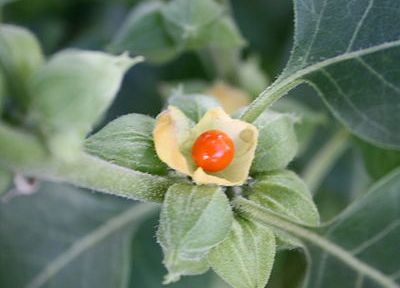What is the MIND diet?
The MIND diet is the acronym for the Mediterranean–DASH Intervention for Neurodegenerative Delay. It is a combination of the Mediterranean diet and the DASH (Dietary Approaches to Stop Hypertension) diet, along with foods that have been putatively associated with a decreased risk of dementia.
What was done to see the effect of the MIND diet on cognitive decline?
The trial was performed in older adults without cognitive impairment but with a family history of dementia. The adults were divided into two groups. The test group was assigned MIND diet whereas the control groups were assigned a control diet with mild caloric restriction. The diets were provided to the respective groups for 3 years after which various parameters were measured including global cognition score, MRI based measurement of volume of brain regions such as hippocampus and cortex.
Does MIND food prevent cognitive decline in older persons?
The results of the paper are ambiguous in regard to the effect of diet on cognition. According to the paper, cognition was increased in persons consuming both MIND and control diets. Comparing the MIND diet and the control diet, the authors did not find any difference in changes in cognition between the persons consuming the MIND diet and the normal diet.
My opinion: does diet matters?
Diet matters for brain health. There are numerous studies that have shown the benefit of the Mediterranean diet in cognitive function. Not only the Mediterranean diet but also there are ingredients in every culture or region, which could be useful in preventing cognitive decline. People from each culture need to identify those indigenous foods. For example, phytochemicals found in rice, curcumin found in turmeric, etc have been shown to have beneficial effects on cognitive function and brain health. You can see my blog Brain Diet | healthier brain (healthier-brain.com) for further information regarding the brain diet.
This is a Quick peek at a recently published paper.
Trial of the MIND Diet for Prevention of Cognitive Decline in Older Persons
doi: 10.1056/NEJMoa2302368



